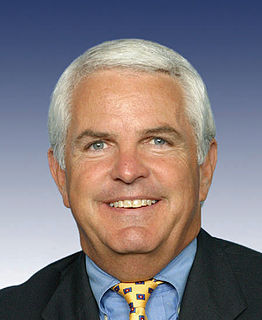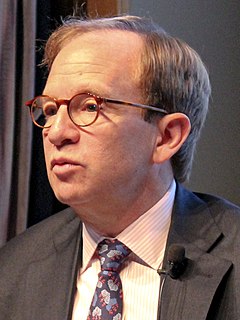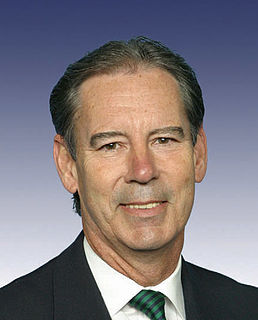A Quote by John Shelby Spong
We began to temper Western democracy with what I'd call a social contract. We put in Social Security, graduated income tax, workers' compensation. We developed strong unions to negotiate with business owners so workers got an equitable share of the profits.
Related Quotes
The Social Security program is a pact between workers and their employers that they will contribute to a common fund to ensure that those who are no longer part of the work force will have a basic income on which to live. It represents our commitment as a society to the belief that workers should not live in dread that a disability, death, or old age could leave them or their families destitute.
Because of outdated regulations, workers in different types of contract often have unequal access to healthcare, pensions, education, and training, as well as other social benefits. This has to change for countries to remain competitive and for our businesses and workers to survive in the digital age.
[E]conomic liberty and creative entrepreneurship are the basis of any solution to today's social and economic difficulties. Blaming business, setting wages, and attempting to run the economy by decree from Washington only exacerbates the problems. Consider the minimum wage. It seems so simple: Tell business to pay its workers more. But a hike in the minimum wage is essentially a tax, punishing precisely those companies that hire workers with the least skills.





































